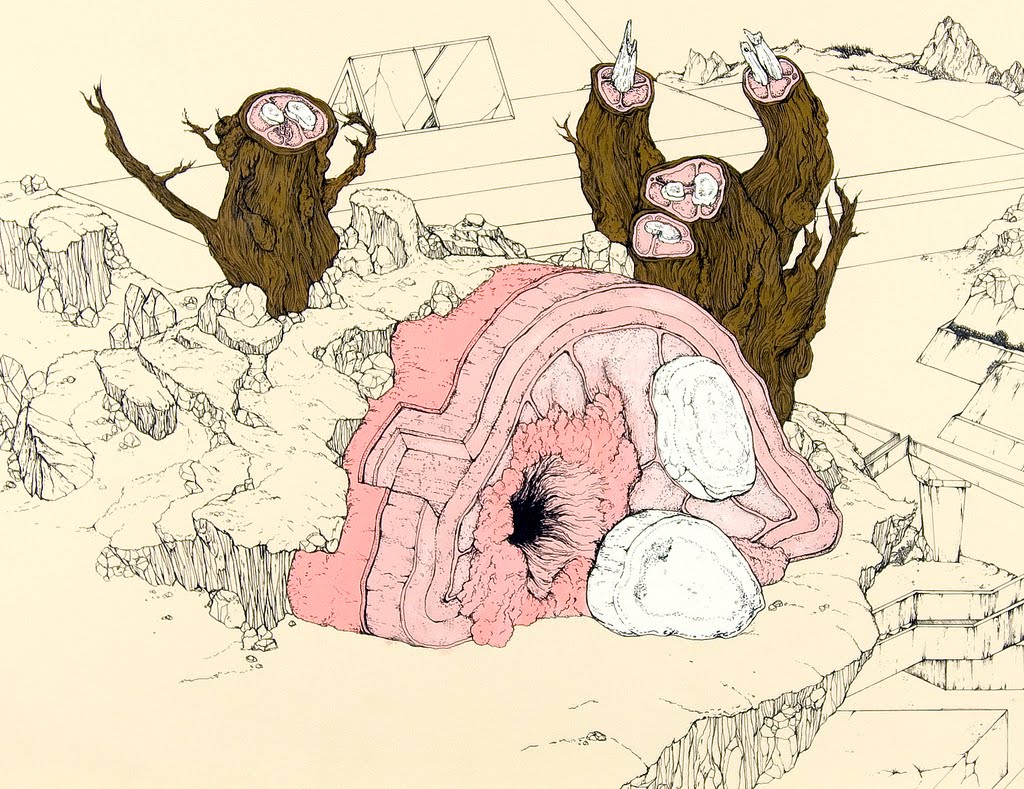I suppose this almost ties in with the protein folding online game FOLDIT as a form of real life problem solving.
I don't really know what to make of this, I don't really play online games but I know people who love them and I know game designers. Anyway, its interesting! Interesting when you apply her thinking principles to online social networking. Think about what people hide about themselves in online social environments, choosing what to show in an attempt to show their best. "Their best" may be subjective but the intention is to improve, even when 'to alure' or 'to portray' false images of grandeur are involved. Self improvement is a good thing but of course, we all know that people can (and often are) deluded by convincing self projections.
But this is about a GAME where people have a common goal. It all seems a little sketchy, but I like idealists and optimism and I think their role in the world is very important in provoking positive change. All the things this lady says are considerable concerning collaboration and improvement although the practicalities and applications of her research seem a bit unrealistic but they have immense value and potential in theory and learning about people in the digital environment and its potential to solve problems.
But this is about a GAME where people have a common goal. It all seems a little sketchy, but I like idealists and optimism and I think their role in the world is very important in provoking positive change. All the things this lady says are considerable concerning collaboration and improvement although the practicalities and applications of her research seem a bit unrealistic but they have immense value and potential in theory and learning about people in the digital environment and its potential to solve problems.


No comments:
Post a Comment